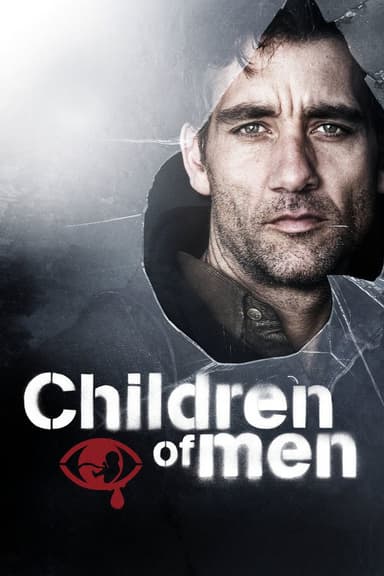
The Jackal
1997 • Action, Adventure, Crime, Thriller • R
Hired by a powerful member of the Russian mafia to avenge an FBI sting that left his brother dead, a psychopathic hitman known only as The Jackal proves an elusive target for the people charged with the task of bringing him down: a deputy FBI director, a Russian MVK Major, and a jailed IRA terrorist who can recognize him.
Runtime: 2h 4m
Why you should read the novel
Frederick Forsyth's 'The Day of the Jackal' is a masterwork of suspense that keeps readers gripped from beginning to end. The novel meticulously details the planning and execution of a high-profile political assassination, offering an intricate, realistic look at both the hunter and the hunted. Forsyth’s journalistic precision and narrative depth bring the tense world of cold-blooded intrigue to vivid life, setting a gold standard for the thriller genre.
Reading the novel provides a slow-burning, intellectual thrill that is rarely matched on screen. Each move made by the Jackal is methodical, plausible, and rendered in such fine detail that the process itself becomes as fascinating as the outcome. The book invites readers deeper into the motives and psychology of its characters, immersing them in a labyrinth of suspense where every clue and decision matters.
For those who crave realism, depth, and the gradual unfolding of a meticulously plotted conspiracy, the book is far more satisfying than the film adaptation. Forsyth’s story delves into the political and social context of the time, making the tension not just personal, but historical and immersive. Choose the original novel to experience the blueprint of modern thriller writing.
Adaptation differences
While 'The Jackal' (1997) claims to be inspired by Frederick Forsyth's novel, its plot and characters are radically different from the source material. The original novel, set in the early 1960s, centers on an anonymous English assassin contracted to kill French President Charles de Gaulle, drawing on real historical events and the fractured political climate of postwar France. By contrast, the film moves the action to the late twentieth century, replaces the assassination of de Gaulle with a fictional high-profile American target, and reimagines the Jackal as an enigmatic, high-tech hitman played by Bruce Willis.
The personalities and motivations of the lead characters are also significantly altered. In the novel, the Jackal is an almost mythic, methodical professional whose actions are designed to outwit rigorous police intelligence. The movie, however, prioritizes action over intellect, depicting the Jackal as a cold, technologically savvy killer with little backstory or psychological depth. Other characters in the novel, such as the French detective Claude Lebel, are either removed or drastically reinterpreted, converting a nuanced procedural into a buddy-thriller dynamic between Richard Gere’s character and law enforcement.
The tone and style of the adaptation also diverge sharply from Forsyth’s book. Where the novel unfolds with slow-building tension and documentary-style realism, the film opts for a fast-paced, spectacle-driven approach with elaborate set pieces and shootouts. The adaptation disregards the political intricacies and methodical pacing that made the original a classic, instead favoring episodic chases and overt dramatics.
Finally, the ending is distinctly different, with the resolution of the book hinging on detective work and fate, while the movie wraps up with a conventional action climax. In summary, 'The Jackal' movie borrows only a few thematic elements from Forsyth’s seminal novel, discarding its careful realism and thoughtful plotting for explosive, big-screen entertainment.
The Jackal inspired from
The Day of the Jackal
by Frederick Forsyth



